3) Zotero: Your automated librarian and bibliography/footnote creator
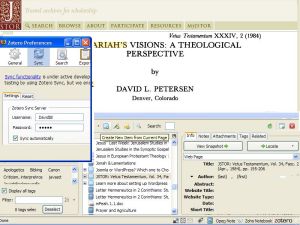
How should you record your bibliography? - as a strict database or free-form records?
- Databases like Endnote create searchable records automatically from some catalogues and create references in different styles in your documents, but data of ten need tidying
- Free-form records can be written quickly, but the format needs retyping for publication
Now you can have BOTH created automatically from most sources, by using Zotero
- collects bibliographic fields automatically from web catalogues (including Tyncat)
- can be organised by both tags and folders, and the content searched by words
- can attach whole documents to the records, including articles from JSTOR etc
- can store whole web pages or highlighted clippings and redisplay them
- can index and search PDFs and web pages (but not DOC or DjVu files)
- can create bibliography records and footnotes in hundreds of standard styles
Zotero 2 can now share collections on different computers. To do this:
- if you already have a Zotero folder, make a backup. (To find it, click on the cog symbol, then 'Preferences' then 'Advanced' then 'Storage Location' then 'Show Data Directory')
- install Firefox 3 from here and Zotero 2 from here then create a Zotero ID here
- in Firefox, click on Zotero (bottom right), then on Actions (the 'cog' icon) then 'Preferences'
- to add SBL style etc for formatting citations, click on 'Styles' then 'Additional Styles'
You can access your Zotero files on two or more computers and update them all automatically:
- in 'Preferences', click on 'Sync', enter your Zotero ID for the Sync Server and tick Sync automatically
- the 'Storage Server' needs WebDAV but no free online storage service provides this, so instead:
- use 1) Dropbox (see above): create a folder 'Zotero' in your Dropbox folder, then click on 'Preferences' 'Advanced' and 'Choose'
- or 2) Live Sync duplicates folders on two computers without keeping an online copy: download, find and run it on both computers and tell it to sync the Zotero folder
|

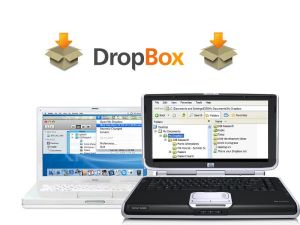
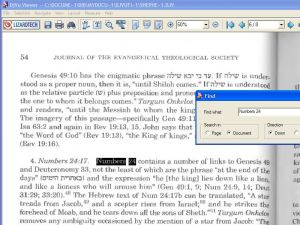

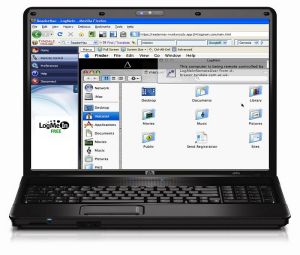
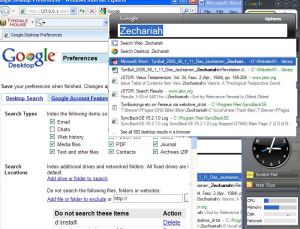

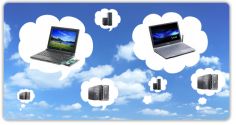




No comments:
Post a Comment